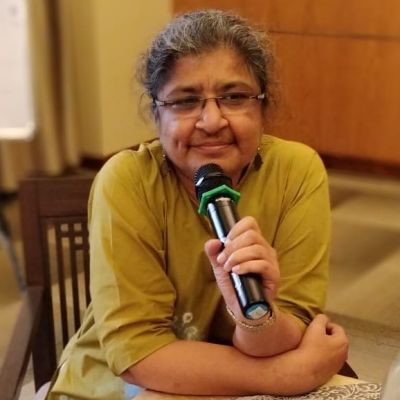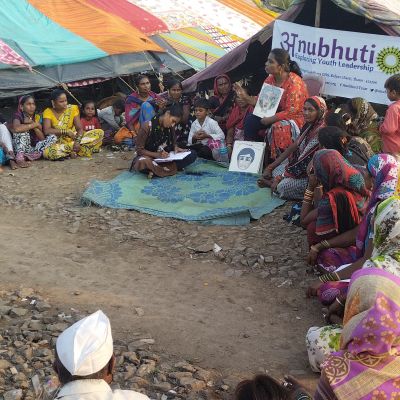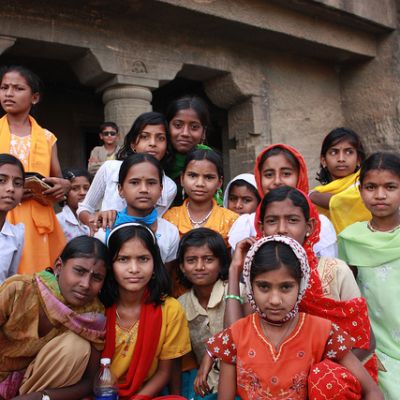class
The desire for intimacy might rob one of the intimacy that one shares with oneself and thus, being with the beloved can leave one feeling even lonelier because of the continuing struggle for validation and comfort.
Watching K3G with my students brings forward new ways of understanding how concepts like socioeconomic class, gender, sexuality, and diasporic imaginaries are embedded with subtle messages of morality and longing and how these messages are ingrained in our Bollywood viewing experiences.
At present Neel[1] and I live-together, part-time. I write part-time because I stay alternately with him and with my sister…
A methodological approach to the study of memory and sexuality helps delineate interesting connections between the two: memory as a methodological tool for the study of sexualities, memory as an object of study, and the role of personal memory in the formation of individual sexualities.
Accessibility begins with access, enabled or denied, to concepts and ideas. At the core, beyond the architecture of the real and virtual worlds, it is about the architecture of the ways in which this access is broadened, to not only accommodate, but to nurture, the myriad expressions of human minds and bodies.
Companions take many forms. Using the word very loosely here, a companion is anyone the self is connected to, anywhere, at any point in time, from a family member, to a stranger on a train.
In the course of this interview with Shikha Aleya, Chayanika Shah points out, “While decisions around gender and sexuality are very private and apparently made by each person for themselves, the material connections of community and family make this choice very contextual, and contingent on the whole social structure.”
In this write up, we’d like to share a sense of what emerges from a compilation of these responses. This is based on the thoughts and feelings that come through for those of us here at In Plainspeak who have had the joy of reading the original responses as they came in to us. (Some of the quotations that follow have been slightly edited for flow and to help connect themes.) We know that most things in the realm of art, information and ideas lend themselves to a wide range of inferences and insights depending on the individuals making the inferences.
In our mid-month issue, Amit Timilsina writes about the role class plays in the decisions that young people make, and what he himself, as a young person and a youth leader, had to do to gain access to resources and to professional acceptance.
100 issues, 8 years! Thank you, dear readers and contributors! As we planned for this issue to put on our…
After the underwear slips off, does the underwear brand really matter? The underwear may mean different things for different people. It may evoke desire or may hinder access.
When the pressure started to mount on Surekha, from all corners, to get married, she thought of reconsidering Kishore’s proposal…
Choices about life, relationships and desires are all defined based on socio-economic background, caste, class, gender and sexuality. When these young girls found a comfortable and safe space, they openly talked about their desires and experiences and how they negotiated their existing environments in order to pursue their desires.















